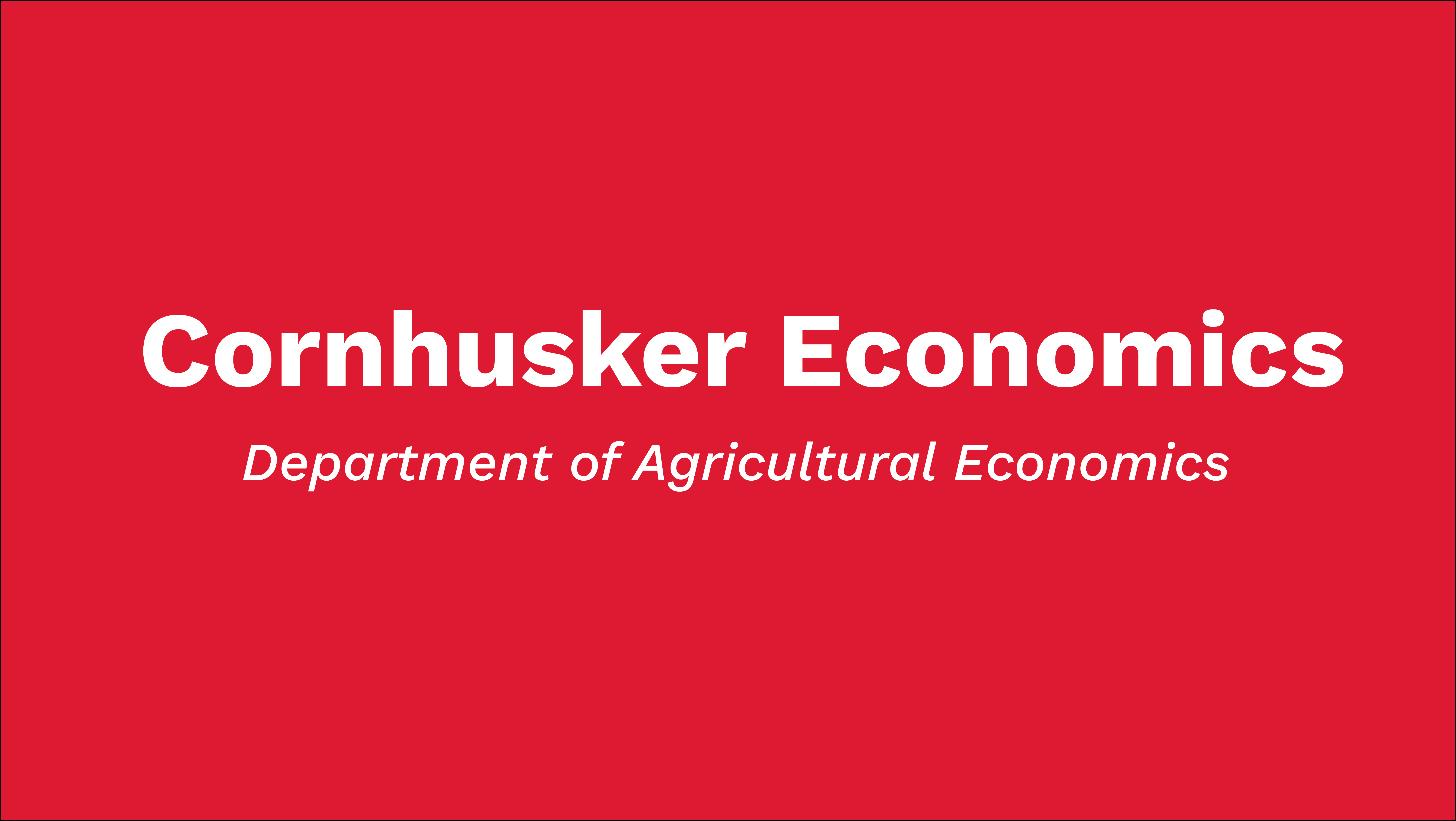Content
By Asa B. Stone, Katja Koehler-Cole, and Ronald C. Stephenson
Introduction
The Transition to Organic Farming Conference, led by Katja Koehler-Cole and sponsored by the Nebraska Extension and the USDA-TOPP (Transition to Organic Partnership Program), aimed to equip farmers with the essential knowledge for effective agronomic management. Focusing on overcoming challenges related to soil fertility and weed control, the conference served as a platform for both education and community building. It provided crucial insights into the economic considerations faced by farmers transitioning to organic practices, underscoring the economic complexities and benefits associated with this transition. The conference highlighted the need for comprehensive support systems to aid farmers in making informed decisions.
Key Economic Insights from the Conference
Market Demand and Economic Benefits: A significant economic driver for farmers considering the switch to organic farming is the growing market demand for organic products. The economic potential is clear: organic produce often commands higher prices than conventional products, offering substantial financial gains. However, it's important to note that while economic benefits are notable, they are not the sole motivator for all participants. Farmers are also influenced by environmental concerns and health benefits, highlighting that financial gains are part of a broader mix of motivations.
Certification Costs and Operational Scale: One of the major economic barriers identified during the conference is the cost and complexity of obtaining organic certification. Participants emphasized that the certification process poses significant financial and procedural challenges. These barriers suggest a need for clearer guidelines and more accessible support from Nebraska Extension to help farmers manage certification costs effectively. Additionally, the conference highlighted the diverse economic considerations tied to operational scale. Smaller farms, managing less than 500 acres, often face tighter margins and have fewer resources for transition, whereas larger operations, managing thousands of acres, must navigate the complexities of scaling organic practices across vast acreages. Both scales require distinct economic strategies to optimize resource allocation and ensure profitability.
Resource Management and Economic Efficiency: Effective resource management is critical for economic sustainability in organic farming. The survey revealed varied practices in crop irrigation and livestock management, with differences in the percentage of cropland irrigated and the scale of beef cattle operations. Efficient water management and organic livestock practices are essential for maintaining productivity and profitability. Participants stressed the importance of tailored approaches to resource allocation, emphasizing that economic efficiency can be achieved through strategies customized to the specific needs of different farm sizes. Tailored resource management can help overcome economic challenges and enhance the overall sustainability of organic farming practices.
Recommendations for Economic Support
Enhancing Communication: To address economic challenges, the conference report recommends enhancing communication strategies. Broader outreach through community networks can disseminate vital information to a wider audience, ensuring more farmers have access to resources for economically viable transitions. This approach aims to increase awareness and provide essential knowledge about organic farming benefits, certification processes, and market opportunities.
Developing Follow-Up Support and Resources: Despite the conference's success in enhancing understanding, a gap exists between knowledge gained and its implementation. This gap, caused by logistical challenges, resource constraints, and lack of confidence, can be bridged by developing follow-up support and resources. Providing practical tools, ongoing assistance, and hands-on workshops can help farmers effectively apply their knowledge, thus improving their ability to transition to organic farming successfully.
Leveraging Informal Networks and Providing Tailored Action Plans: The conference findings indicate a preference for informal networking over formal mentorship structures. Leveraging these informal networks can facilitate peer-to-peer learning and community support, which are crucial for sharing best practices and overcoming economic hurdles. Additionally, offering tailored action plans that provide clear, actionable steps specific to different scales of operation can help farmers manage certification costs, optimize resource use, and access market opportunities. Tailored action plans ensure that farmers receive personalized guidance suited to their unique circumstances.
Conclusion
The Transition to Organic Farming Conference highlighted both the economic challenges and opportunities in shifting to organic practices. By continuing outreach and education, providing targeted support, and leveraging community networks, Nebraska Extension plays a pivotal role in supporting farmers through this transition. These efforts will not only help individual farmers achieve economic sustainability but also contribute to the broader goal of promoting organic farming practices for a healthier, more sustainable agricultural future.
Asa B. Stone
Assistant Research Professor
Department of Agricultural Economics
University of Nebraska-Lincoln
astone10@unl.edu
Katja Koehler-Cole
Soil Health Management Extension Educator
Eastern Nebraska Research, Extension and Education Center
University of Nebraska-Lincoln
kkoehlercole2@unl.edu
Ronald C. Stephenson
Assistant Professor of Practice
Department of Agronomy and Horticulture
University of Nebraska-Lincoln
rstephenson9@unl.edu
